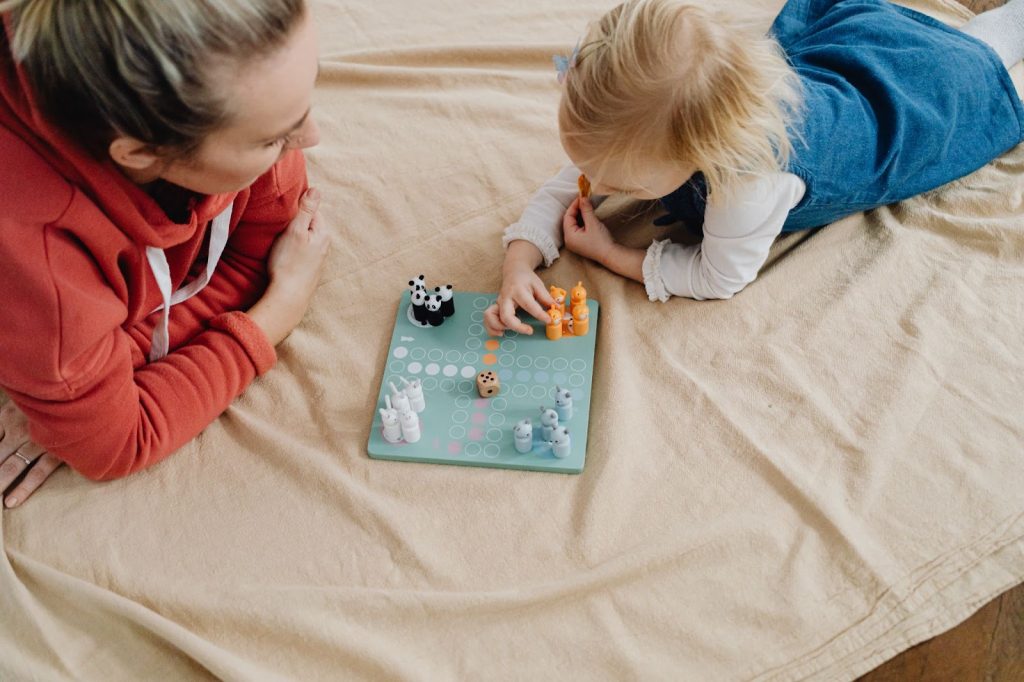
Baseball may seem like a simple sport to teach, but coaching young players can be challenging—especially when it comes to handling fear. Fear can cause kids to freeze up, withdraw, or even give up altogether. That’s why it’s so important to create a fun, supportive environment where players can learn without fear. As a coach or parent, you’re not just teaching the game; you’re also helping kids build confidence, resilience, and bravery. Here are ten great ways to teach young players the game of baseball while keeping fear out of the equation.
1. Break the Ice and Create a Fun Environment

The first step to easing fear is to make the practice environment relaxed and fun. Start with engaging games like Simon Says or musical bases. These activities help players get comfortable with each other, get their energy out, and most importantly, feel at ease. When kids are having fun and feel comfortable, they’re more likely to enjoy learning the game and less likely to be scared of making mistakes.
2. Teach the Fundamentals Early

The key to teaching young players is to start with the basics. Focus on core skills like throwing, catching, and hitting, and break each one down into smaller, manageable steps. For example, focus on grip, stance, and release for throwing, and practice each step before moving on to the next. This makes the learning process easier and helps players feel a sense of accomplishment as they master each skill.
3. Use the Right Equipment

When teaching kids baseball, using the right equipment can make all the difference. Smaller gloves, lighter bats, and softer balls can make the game less intimidating for young players. When players are comfortable with the equipment, they’re more likely to have fun and be engaged during practice.
4. Create Small Groups for More Focused Attention

Sometimes, large groups can make kids feel anxious or overwhelmed. To make them feel more relaxed, divide them into small groups. Smaller groups allow kids to interact with each other more comfortably and give you, as a coach, the opportunity to provide more personalized attention to each player. This can help kids feel more confident and less self-conscious when learning new skills.
5. Focus on Fun

It can be tough to get young players to focus on the technical side of the game, so make sure your drills are fun! Incorporate games and activities that involve the fundamentals of baseball in a playful way. For example, you could have a race to see who can throw the ball the furthest or play a game where players have to catch balls thrown in different directions. The more fun the practice, the more engaged and confident they will become.
6. Encourage Play and Movement

Young players have tons of energy, so it’s important to keep them moving. Don’t let them stand around too long—encourage them to run a lap, play tag, or throw balls to each other. Movement helps kids stay engaged and focused, and it keeps their minds off any fears or anxiety they may have about the game.
7. Keep Criticism Constructive

Mistakes are part of the learning process, but how you handle them as a coach makes all the difference. Avoid overly harsh criticism, as it can damage a child’s confidence. Instead, offer praise when something goes right, and keep feedback positive and constructive. For example, instead of focusing on a missed catch, celebrate their effort and encourage them to keep practicing.
8. Build Confidence and Resilience

Baseball can be a tough sport, and it’s important to help young players develop the mental toughness to keep going, even when things get challenging. Reinforce the idea that mistakes are a natural part of learning. Encourage them to believe in themselves and remind them that the key to success is persistence and resilience. A child who feels confident and supported will be more likely to overcome fear and stick with the game.
9. Lead by Example

As a coach, you need to set the tone for the team. Be patient, encouraging, and understanding. Show your players that it’s okay to make mistakes and that it’s important to stay positive and keep working hard. When they see you modeling these behaviors, they’ll be more likely to follow suit and approach the game with confidence.
10. Make Sure Everyone is Having Fun

Above all, remember that baseball is a game. If you make practices fun and engaging, kids will enjoy learning and playing. Foster an environment where every player feels included, valued, and encouraged. When they enjoy themselves, they’ll be more excited to learn, improve, and face challenges without fear.
FAQs: Teaching Baseball to Young Players Without Fear
Q: How do I create a fun and relaxed environment for young players?
A: Start with games like Simon Says or musical bases to break the ice. These games help kids relax, get to know each other, and feel more comfortable before diving into the fundamentals of the game.
Q: What’s the best way to teach the fundamentals to young players?
A: Start with the basics—throwing, catching, and hitting—and break them down into simple steps. Focus on each part of the skill, such as grip and stance, before moving on to the next stage.
Q: How do I make sure kids feel comfortable with the equipment?
A: Use age-appropriate equipment like smaller gloves, lighter bats, and softer balls. This helps kids feel more confident and capable while practicing, and makes the game less intimidating.
Q: Why are small groups important when coaching young players?
A: Smaller groups help kids feel more relaxed and allow for more individualized attention. This reduces anxiety and makes it easier for kids to learn without feeling overwhelmed.
Q: How can I keep young players focused during practice?
A: Incorporate fun games and drills that allow kids to stay engaged and active. Avoid long periods of standing around and encourage movement, whether it’s through games, running, or tossing balls around.
Q: How should I handle mistakes during practice?
A: Praise effort and progress rather than focusing on mistakes. Keep your feedback positive and constructive, and remind kids that mistakes are a natural part of learning.
Q: How do I help build a young player’s confidence?
A: Reinforce the importance of resilience and perseverance. Encourage players to believe in themselves, celebrate their efforts, and remind them that improvement comes with practice.
Conclusion
Teaching baseball to young players without fear is all about creating a supportive, fun, and engaging environment where they feel comfortable learning. By focusing on the basics, using age-appropriate equipment, encouraging play, and building confidence, you can help kids develop their skills and a love for the game. Above all, remember that baseball is about having fun and learning from every experience, and with these tips, your players will feel confident, brave, and ready to take on the challenges of the game. Happy coaching!

